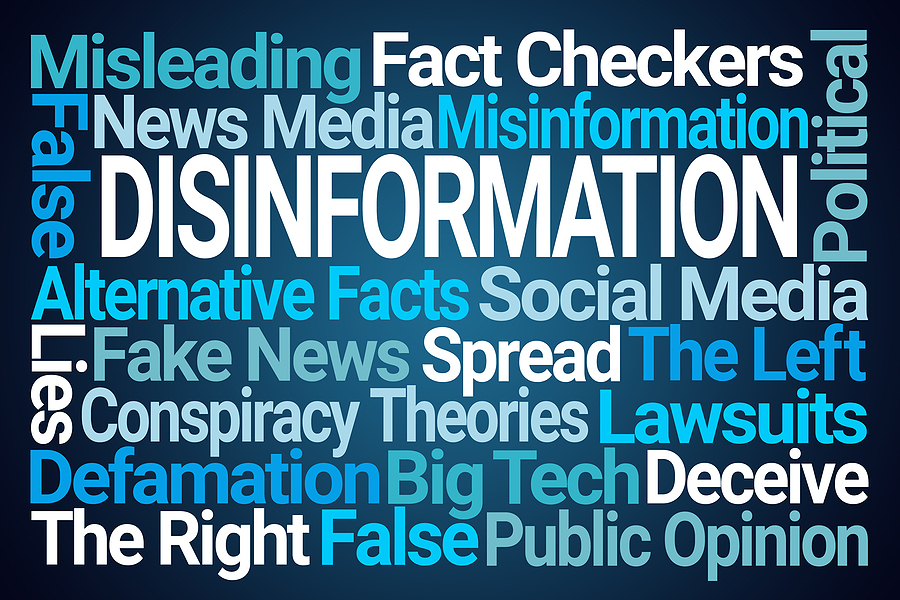The fireworks experienced in online spaces almost confirms widely held notion that the next world war will be fought on the internet. Unlike the First and Second World Wars, which were largely conventional and weapon-based, the digital war uses readily available gadgets and resources like computer and mobile phones, some of which are purposed for fun. As a double-edged sword, social media is used to support economic empowerment as well as beat drums of war.
Kenyans online especially on X are famous for throwing banters, creating valuable networks or mobilizing for worthy cause. On the other hand, some are using digital spaces to spread toxic vibes, scandalize individuals, sabotage government programmes and spread disinformation. Worse still, extremist and terrorist groups like Al-Shabaab and ISIS use them to radicalize and recruit the youth.
States, non-state actors and individuals are increasingly harnessing the power of social media in pursuit of their diverse agenda. At state level, the raging Russia-Ukraine war has brought to the fore the concept of hybrid warfare, where both physical weapons and digital assets are deployed to get an edge in the conflict. Some of the Russian cyber operations used to supplement military operations include cyberattacks, disinformation, troll farms and AI-generated deep fakes which are largely fashioned to win the hearts and minds of different stakeholders.
The Global Risks Report 2025 by the World Economic Forum (WEF) identified misinformation and disinformation as the fourth current risk in the world that needs concerted efforts to combat. According the report, the top risks facing the world include state-based armed conflicts, extreme weather events and economic confrontation, which are largely amplified by false or misleading information. The World Economic Forum warns that spread of false or misleading content can be fodder for foreign influence. Other identified areas where disinformation campaigns can be deployed include sowing seeds of doubt among citizens, powering conflicts and scandalizing image of products or services globally.
With Kenya’s high internet penetration and robust ICT infrastructure, there is unprecedented growth of social media and other digital platforms including e-commerce. Our progressive constitution and democratic space provides for broad civil liberties; which Kenyans are enjoying to the admiration of other countries. Specifically, Article 33 of the Constitution of Kenya guarantees freedom of expression including freedom to seek, receive or impart information. However, no right is absolute as the same constitution limits right to freedom of expression from extending to propaganda for war, incitement to violence, hate speech and advocacy of hatred especially bordering on ethnic incitement as well as discrimination.
The increasing commercial use of the internet comes with its fair share of challenges especially those touching on security and privacy. Globally, there are ongoing discourses on how to achieve a balance between democracy and national security. As efforts are made to enhance access to information as a cornerstone of democracy, there is need to curb disinformation which threatens democracy and stability of societies.
The 2024 Gen-Z-led nationwide protests was largely powered by disinformation spread through social media platforms to the detriment of truth on the contested Finance Bill. The architects of such disinformation campaigns usually take advantage of the fact that lies travel faster than the truth. There are numerous cases where masses have been influenced using misleading information spreading online like wildfire, inducing them make wrong decisions, some of which threatens national security. With governments world over going digital, false or misleading information can also be used to make policy decisions hence threatening democracy.
Fully cognizant of the threats posed by disinformation, the government has deep dived to come up with remedial actions. Recently, the National Intelligence and Research University (NIRU) hosted a symposium dubbed ‘Towards Resilient Information Ecosystems: Combating Disinformation and Misinformation for Democracy and National Security', which called for the need to strengthen information defenses to deal with growing misinformation and disinformation campaigns. The forum, which brought together experts from media, academia, security, research institutions and corporate world rooted for enhanced digital literacy/awareness, enhanced collaboration with technology firms, develop strategy to counter disinformation and need to support technological innovations to come up with applications that safeguards our information.
Similar discourses are ongoing within and outside government with the latest hosted by the Kenya Defense Forces’ Joint Command and Staff College titled ‘The Rise of Disinformation and Its Impact on National Security'. The symposium called on Kenyans to jealously guard the truth as adversaries are increasingly investing in disinformation as a weapon for modern warfare.
The fight against disinformation is too important to be left to government alone. This is a shared responsibility which needs all stakeholders to play an active role including social media users to verify information before sharing or consuming. The online vigilance should extend to reporting purveyors of disinformation to authorities or technology firms for action including demonetization and deplatforming. However, pursuit to restore sanity and safety online by governments and social media apps should not stifle free speech, creativity, innovation and search for self-identity among the youth.
Finally, the government needs to provide timely updates on issues of national interest through its official channels and grant media interviews to prevent information vacuum which can be exploited by agents of disinformation. Our continued vigilance online is key to sanitize digital spaces for us to reap more fruits of emerging technologies.
